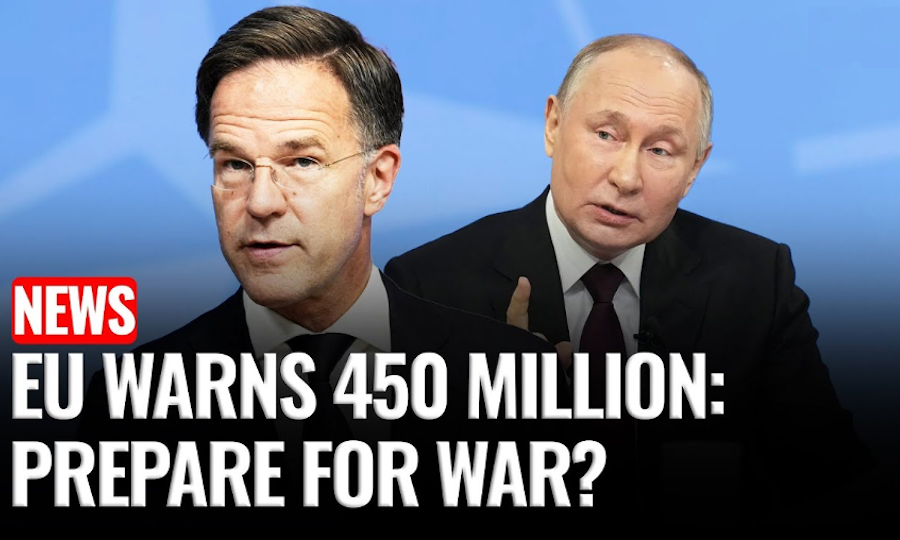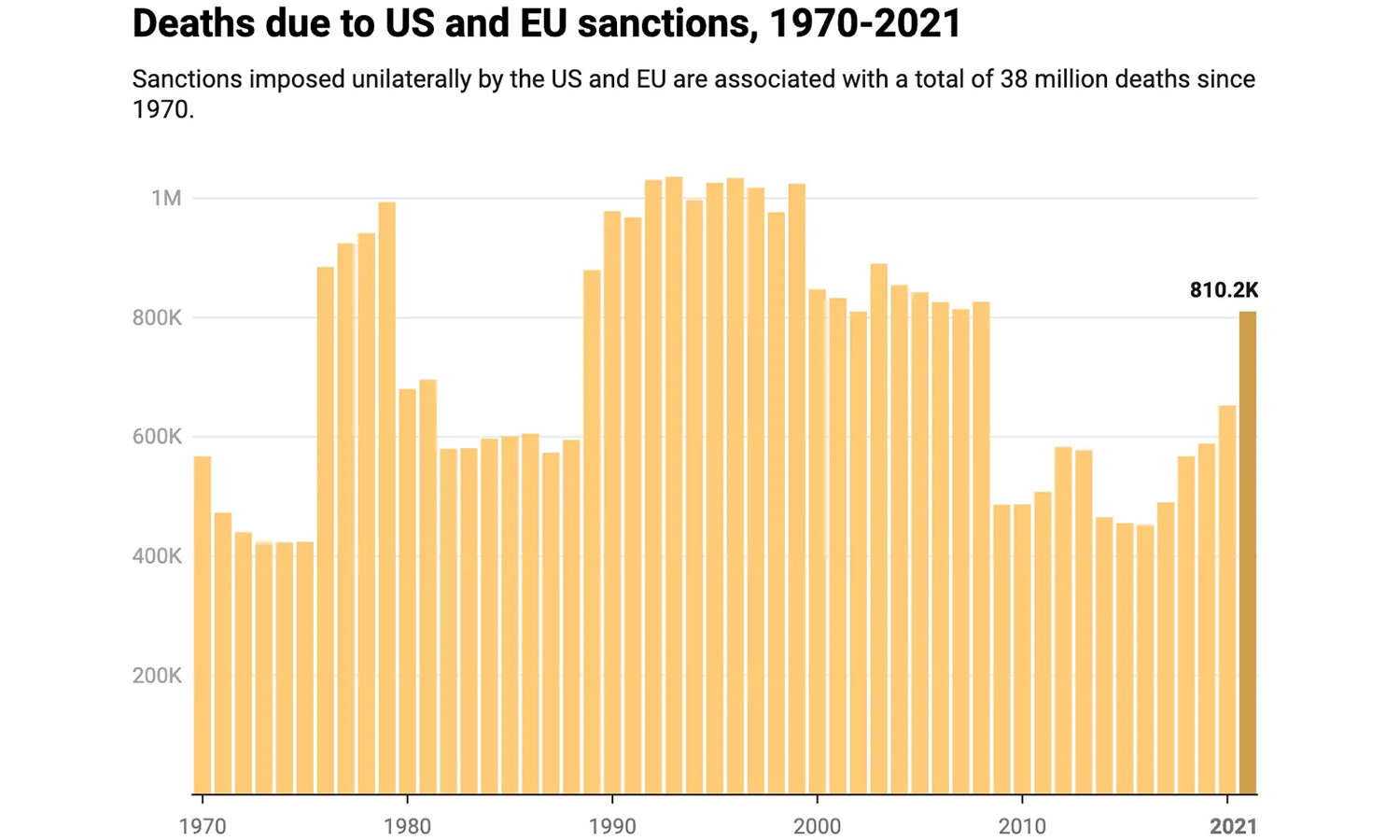Elections to the European parliament across the 27 countries of the European Union took place between 6-9 June. The results of these elections are as below (grouped by EU parliamentary bloc):
- EPP (European People’s Party); 188 seats won; 25.1 percent
- ECR (European Conservatives and Reformists); 83 seats won; 11.53 percent
- Renew Europe; 75 seats won; 10.48 percent
- S&D (Alliance of Socialists and Democrats); 136 seats won; 18.89 percent
- The Left; 39 seats won; 5.42 percent
- NI (Not attached); 45 seats won; 6.25 percent
- ID (Identity and Democracy); 58 seats won; 8.5 percent
- Others; 42 seats won; 5.83 percent
The overall voter turnout across the EU was 51.07 percent, ranging from 89.82 percent in Belgium to 21.35 percent in Croatia.
Although the EU elections are not taken generally very seriously, nevertheless, owing to widespread lack of trust in the ruling parties of various EU countries, the latest elections became a referendum on the performance of their governments and an opportunity for voters to express their anger at those governments’ internal and external policies.
As is clear from the above results, although the EPP – a centre-right grouping – emerged as the largest bloc, it failed to secure an absolute majority in the 720-seat parliament. There was a marked shift away from the established parties and groupings. The Liberals in France and the Greens in Germany were delivered the hardest blows.
Panic in France
Marine Le Pen’s National Rally (RN) in France won 31.5 percent of the French vote, while Emmanuel Macron’s Renaissance took a mere 14.6 percent – less than half of the National Rally’s total. In Germany, Olaf Schulz’s Social Democratic party (SPD) was pushed into third place, behind the AfD (Alternative for Germany).
In France, the voters, fed up with President Macron over a range of policies ranging from his unashamed anti-working class internal policy to his support for the Israeli genocide of the Palestinian people and for Nato’s predatory war against Russia, deserted his party for the camps of the National Rally on the right and parties on the left of centre.
Macron was shocked rigid by the outcome of the election, to such an extent that, in a state of utter panic, he dissolved the national assembly and on 8 June called new elections, to be held on 30 June and 1 July. At the time of writing, all the indications were that Macron’s party would be thoroughly trounced and that the one single biggest winner would be Le Pen’s RN.
If that were to happen, the RN would form France’s next government and Macron would be forced to work with an RN prime minister – probably Jordan Bardella, the party’s rising star. Already in the 2022 election, Macron’s party had failed to gain an absolute majority in the national assembly. This time will be worse for him.
Blows delivered across Europe to prowar establishment parties
The referendum that was the European parliament election produced catastrophic results for ruling circles across Europe, and most especially in France and Germany – the two leading powers of the EU.
Meanwhile, the right-wing Freedom party in Austria won 25 percent of the votes and the Dutch Party for Freedom secured 17 percent, while the AfD in Germany, with 16 percent of the vote, came second – ahead of Scholz’s SPD.
In Belgium, prime minister Alexander De Croo resigned immediately after the defeat of his Flemish Liberals and Democrats party, which trailed behind the Flemish nationalist Vlaams Belang party,
If the right-wing parties were to join together, they would constitute the second-largest group in the EU parliament, especially if Georgia Meloni’s Brothers of Italy were to join them – although one can never be sure which way Meloni will jump.
These election results, having gutted the centre right and centre left alike, are bad news for the ruling powers. Their flunkeys in the bourgeois media are already moaning that the prospects for a ‘resilient democracy’, which ‘needs a strong centre’, have been eroded by these catastrophic results.
Much nonsense is being spread by the political and ideological representatives of the powers that be about the dangers of the ‘far right’ and ‘far left’ coming close to the levers of government. These labels have become meaningless. While those who are against the ceaseless wars waged by Nato and against austerity at home are being vilified daily and hourly, the real warmongers and supporters of austerity, such as the greens and social democrats, are much lauded for their ‘moderation’ and ‘democratic’ credentials.
The truth is that it is the greens and social democrats who should have the ignominy of being characterised as fascistic genocidaires and inveterate enemies of the working class and oppressed peoples.
Ursula von der Leyen, who secured her appointment as president of the European Commission for a second term, put a brave face on the election results and stated that her party would “build a bastion against extremes”. If that is so, it would be the first time that an established politician would be leading a crusade against her own party, which is the epitome of extremism in internal and external policy.
These are very exciting times to be living in. The bourgeois camp is in a state of panic and disintegration. It is time for the working class to get its act together to obstruct and defeat the bourgeois policy of repression at home and war abroad.
To paraphrase a great revolutionary: there is chaos under heaven, the situation is wonderful!













